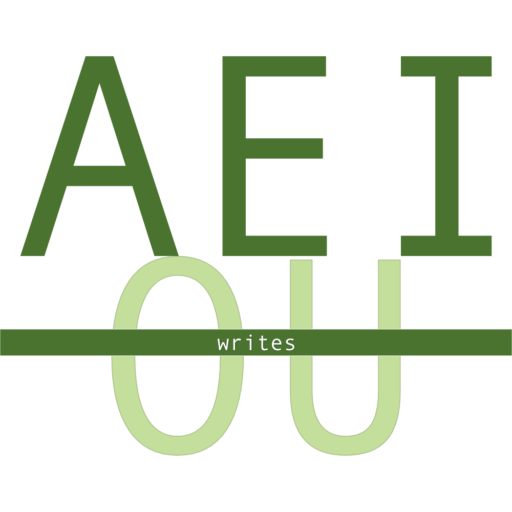The book of Ruth in the Old Testament is known as one of the sweetest love stories in the Bible. It’s a tale of unimaginable heartbreak, a kind stranger, and a fairytale ending that continues the family bloodline from which King David and Jesus Christ eventually come. For good reason, we praise Ruth’s faithfulness to her chosen faith, and we admire Boaz for his obedience to the Lord. Girls everywhere use Ruth as a model for patiently waiting for a husband.
But what about Naomi?

The Passage
But Naomi said, “Return home, my daughters. Why would you come with me? Am I going to have any more sons, who could become your husbands? Return home, my daughters; I am too old to have another husband. Even if I thought there was still hope for me – even if I had a husband tonight and then gave birth to sons – would you wait until they grew up? Would you remain unmarried for them? No, my daughters. It is more bitter for me than for you, because the Lord’s hand has gone out against me!”
Ruth 1:11-13 NIV
So the two women went on until they came to Bethlehem. When they arrived in Bethlehem, the whole town was stirred because of them, and the women exclaimed, “Can this be Naomi?”
“Don’t call me Naomi,” she told them. “Call me Mara, because the Almighty has made my life very bitter. I went away full, but the Lord has brought me back empty. Why call me Naomi? The LORD has afflicted me; the Almighty has brought misfortune upon me.”
Ruth 1:19-21 NIV
According to verse 4, Naomi lost her husband and her two sons over the span of 10 years. She ran out of hope. Not only did she lose the three people closest to her and most important in her life, she lost her protection and provision from the rest of society. She decided to return to Israel, but as shown by verses 19-21, Naomi was full of pain and despair. She even tried to shut out her two daughters-in-law by sending them to back to their birth families in verses 8-9 and 11-13. So, how does Naomi get from this place of hopelessness to a place of purpose at the end of the book?
Ruth: A Constant Support
Ruth refused to leave Naomi, even when Naomi warned her that Naomi would not be able to do anything to provide for her when they got to Israel. In fact, Ruth makes the bold proclamation, “May the LORD deal with me, be it ever so severely, if anything but death separates you and me,” (Ruth 1:17b). Ruth does not try to detract from the pain that Naomi is feeling. Indeed, Ruth probably felt a great deal of pain from the situation, herself. However, she stayed present with Naomi in her grief, even when that meant traveling to an unknown country.
Ruth also ensured that Naomi’s physical needs were met. After they arrive in Bethlehem, Ruth offers to pick grain from the fields to provide for their need for food (Ruth 2:2). It was not an easy job, nor a safe job (see verse 20), but Ruth knew that food was an imperative part of their physical and emotional survival. In fact, when Ruth brings grain back on her first day, Naomi says her first hopeful words in the book. Her rapid questions in chapter 2 showed that she didn’t expect kindness, but the provisions surprise her into a glimmer of hope.
Boaz: A Generous Provider

Though Boaz’s support of Naomi is less direct than Ruth’s presence, he provides support for Naomi’s physical needs by ensuring Ruth always has plenty of grain when she works in his fields. He even gives extra portions when Ruth interacts with him directly at Naomi’s urging (Ruth 2:14-16, 3:15-17). Not only does he provide for their needs, Boaz provides generously, and his generosity gives Naomi hope.
In addition to food, Boaz provides for Naomi and Ruth’s protection by seeking the appropriate kinsman-redeemer to purchase their land (Ruth 3:12, 4:1-9). He is generous with his time and seeks out the closer kinsman-redeemer first thing in the morning. He obeys the processes that the Lord established to protect the poor and widowed, and when the first kinsman-redeemer backs out of the task, Boaz immediately provides protection himself as second in line. Boaz does not think of how bringing a foreigner into his family might injure his reputation, as the other kinsman-redeemer does in Ruth 4:6. He simply obeys God’s laws and ensures the women are provided for.
Lastly, Boaz’s redemption of his family’s land led to him bearing a son with Ruth. This son, Obed, gives Naomi hope and purpose again (Ruth 4:16-17). In caring for Obed, Naomi receives the family she thought she would never have again when her two sons died.
Three Tips from Ruth and Boaz
It is often hard to know how to respond to someone struggling with depression. In my experience, I often don’t know how to help myself when I’m in a funk, which makes it even harder to ask others for what could help me. Here are three things Ruth and Boaz showed us that we can do to help those who are struggling with depression.
- Provide for their physical needs. Ruth and Boaz both ensured that Naomi had food to eat and sustain her. Boaz also provided physical protection by becoming her kinsman-redeemer and giving her a permanent home.
- Be present. When Naomi was deep in her pain, Ruth acknowledged the situation and pledged to stay with her. Most importantly, Ruth followed through on her promise and lived with her mother-in-law, which ensured Naomi maintained interpersonal relationships.
- Remind them of their purpose. When Ruth and Boaz have Obed, they brought Naomi in to be a part of his life. This gave Naomi hope and a productive task she could enjoy.
